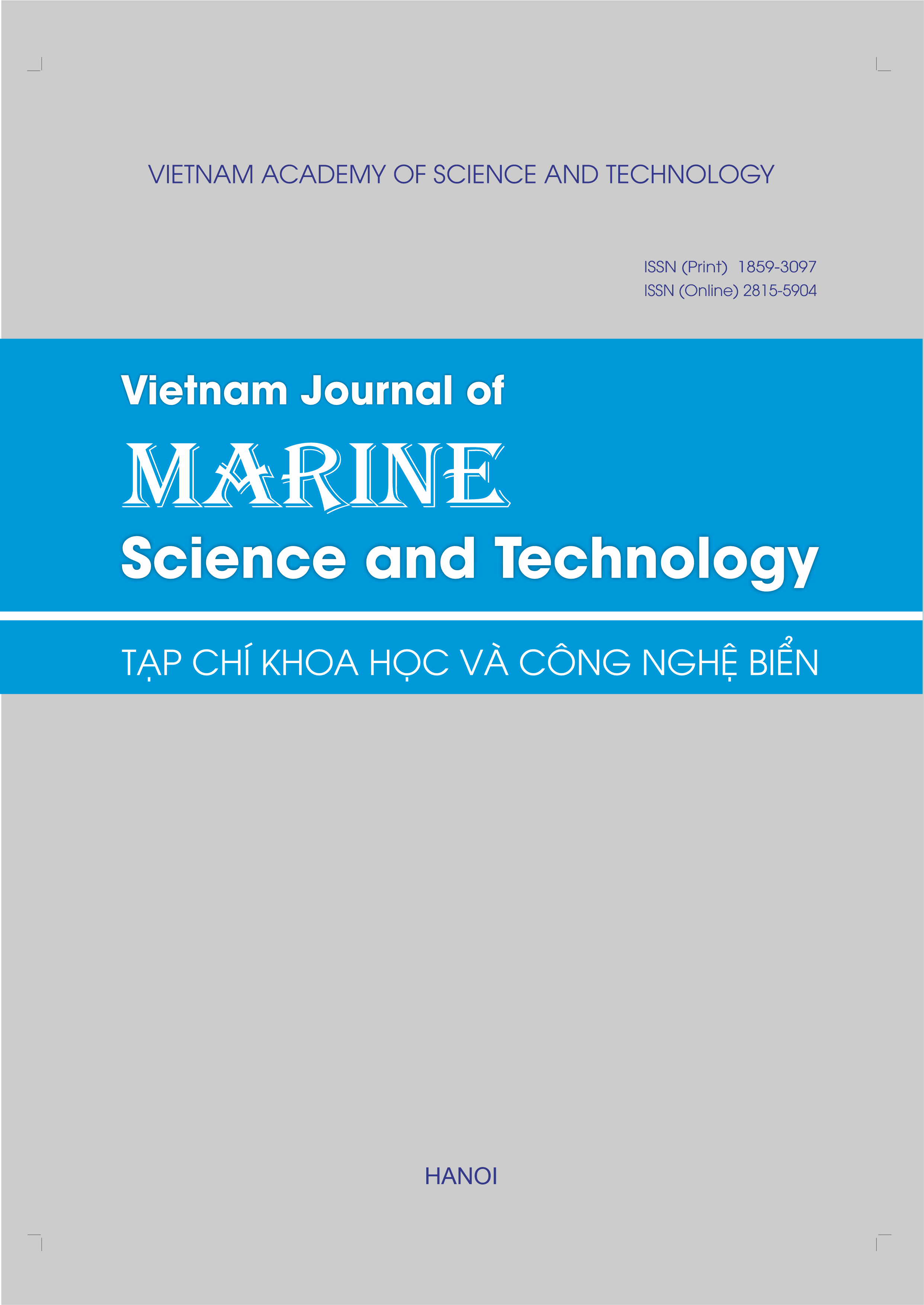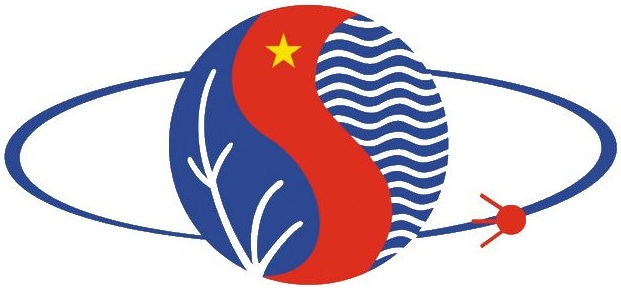EVALUATION OF COASTLINE DEVELOPMENT OVER PERIODS IN CUA VIET AREA BY APPLICATION OF REMOTE SENSING TECHNIQUE AND GEOGRAPHIC INFORMATION SYSTEM (GIS)
Author affiliations
DOI:
https://doi.org/10.15625/1859-3097/16/4/7681Keywords:
Remote sensing technique, GIS, coastline, outlet area, Cua Viet.Abstract
The development of the coastline in Cua Viet outlet area from 1952 to 2015 was quantitatively evaluated using remote sensing technique and geographic information system (GIS). The result of the research shows that in the Cua Viet outlet area the accretion and erosion phenomena occur in a very complex manner, with erosion predominating over accretion in both scale and intensity, in which the coast sections with the largest scale and highest intensity of erosion are usually located near the outlet (both inside and outside the outlet). In the coast section inside the outlet, the erosion on the northern side occurs more intensively than on the southern side, with the erosion rate reaching -1.51 to -2.24 m/year, whereas the accretion rate is 1.15 to 1.70 m/year. The ratio between the erosional and accretional rates is 1.0 to 1.5 times. In the coast section outside the outlet, erosion occurs much more intensively, with its rate from - 2.74 to - 8.18 m/year, whereas the accretion rate is only 0.12 to 2.41 m/year. The ratio between the erosion and accretion is 1.0 to 38 times. Recently, the newly-built Cua Viet seawall has partially reduced the process of coastal erosion, the beach starts to consolidate in the foot area.Downloads
References
Dao Dinh Cham, 2012. Research on the development of the Cua Viet estuary, Quang Tri province, to serve flood discharge and waterway transport. Doctor Thesis on Geography. Institute of Geography, Vietnam Academy of Science and Technology, Hanoi. 136 p. (In Vietnamese).
Manual of meteorological and hydrological characteristics of continental shelf areas of Vietnam, 2000. General Department of Meteorology and Hydrology, Center for Marine Meteorology and Hydrology. Agriculture Publishing House, Hanoi. 58 pp. (In Vietnamese)
Alesheikh, A. A., Ghorbanali, A., and Nouri, N., 2007. Coastline change detection using remote sensing. International Journal of Environmental Science and Technology, 4(1): 61-66.
Gao, B. C., 1996. NDWI-A normalized difference water index for remote sensing of vegetation liquid water from space. Remote Sensing of Environment, 58(3): 257-266.
Gonçalves, G., Duro, N., Sousa, E., Pinto, L., and Figueiredo, I., 2014. Detecting changes on coastal primary sand dunes using multi-temporal Landsat Imagery. In SPIE Remote Sensing (pp. 924420-924420). International Society for Optics and Photonics.
Thieler, E. R., Martin, D., and Ergul, A., 2003. The digital shoreline analysis system, version 2.0: shoreline change measurement software extension for Arcview. US Geological Survey Open-File Report, 3, 076.
Nguyen Thanh, Tran Huu Tuyen, 1997. Impacts of human activities on the geoenvironment in the downstream areas of major rivers in Binh Tri Thien region. Proceedings of the 13th Science Conference of Hanoi University of Mining and Geology, pp. 99-103.








